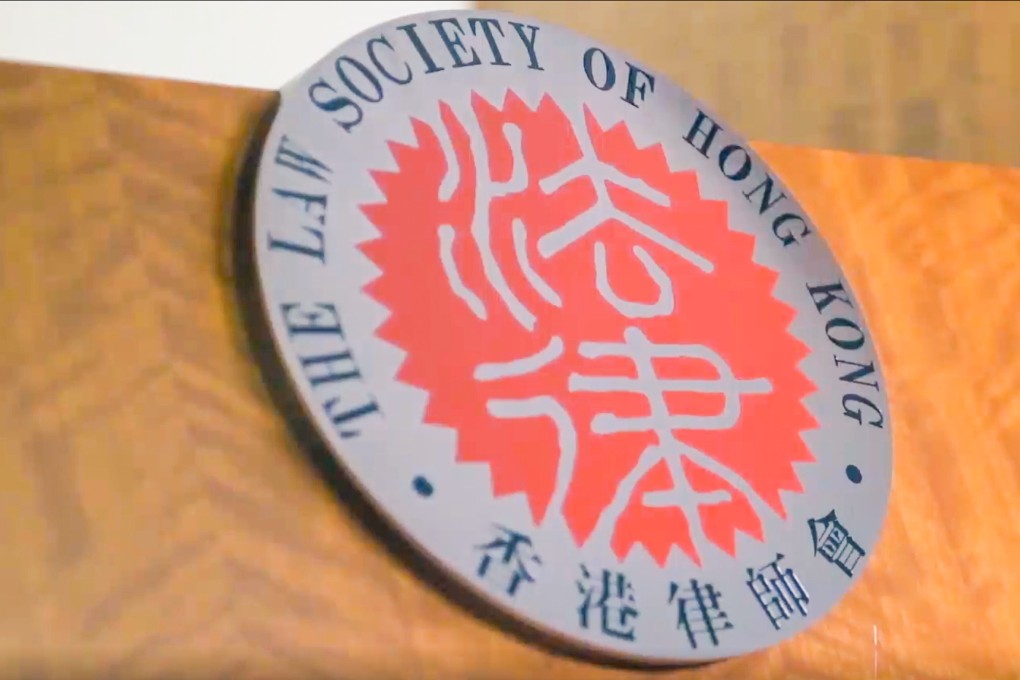Conflicting views on Hong Kong Law Society election won by candidates backing professionalism over politics
- Result is a clean sweep for those who supported focusing on professional duty and shunning politics
- All five candidates voted onto Law Society council warned against risking the 12,000-member association’s regulatory status in wake of government cutting ties with teachers’ union

Members of Hong Kong’s biggest lawyers’ group had conflicting views on Wednesday after a crucial leadership election ended with five candidates who advocated professionalism over politicisation defeating three rivals backed by liberal voters.
A Law Society council member criticised the level of official attention directed towards the contest, while those in the defeated camp feared the loss would damage its prospects of electing a president prepared to speak out on political issues.
Council member Mark Daly was critical of the way the authorities conducted themselves in this election.
“I certainly think that the unprecedented pressure from the authorities, in conjunction with the long-standing unfairness and undue influence due to proxy voting, played a role in the independents losing,” he said.
Thanking voters for their support and pledging to uphold the concept of professional duty, incumbent Careen Wong Hau-yan said: “During the election period, in the face of unprecedented challenges and our politicised society, we played our little part in hoping to unite our profession.”